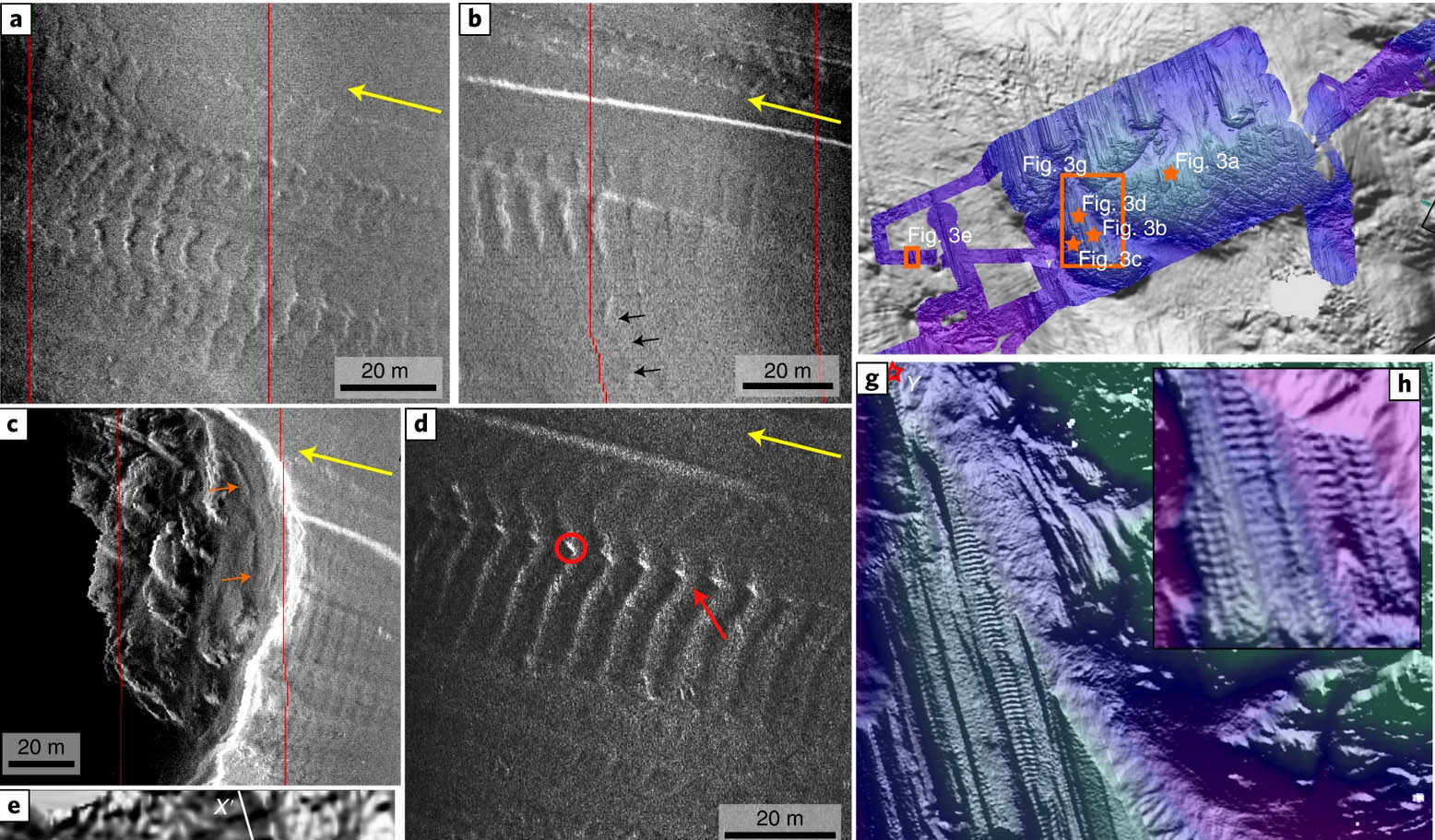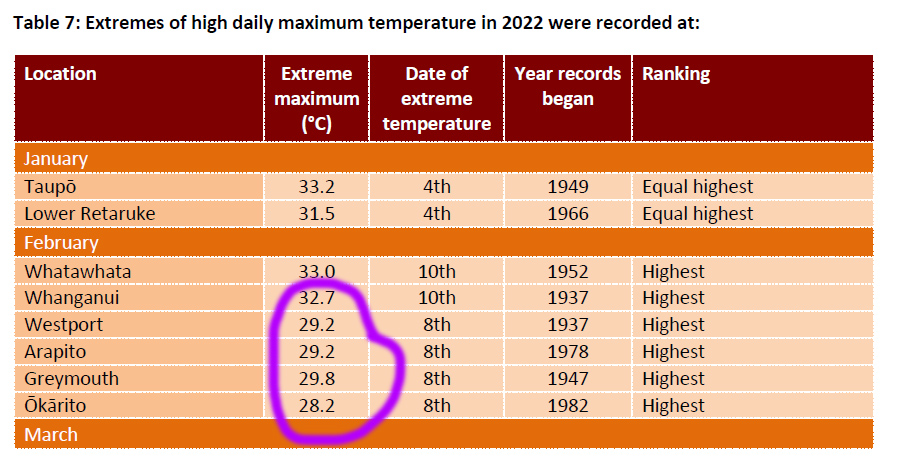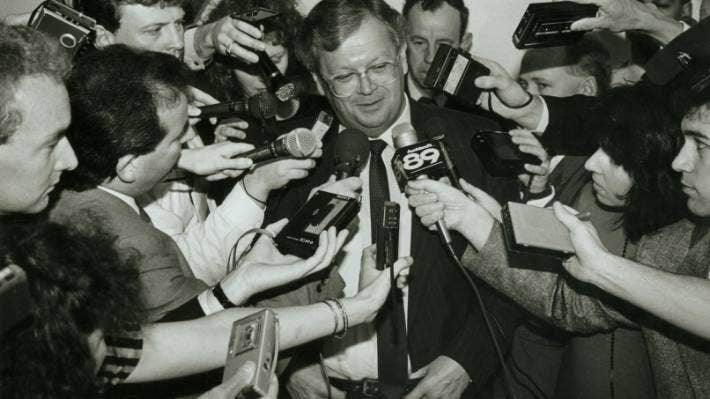Edited By Benny Peiser
“Ginny!” said Mr. Weasley, flabbergasted. “Haven’t I taught you anything? What have I always told you? Never trust anything that can think for itself if you can’t see where it keeps it’s brain?” –― J.K. Rowling, Harry Potter and the Chamber of Secrets
As a non-climate scientist, I have to accept certain things on authority, as I do with all expert knowledge. This is an argument from authority, but we all do it, and it’s vital: if I had cancer, I’d accept the authority of the oncologist and the body of knowledge of the oncology community, rather than try to guide my own treatment with information I’d found on the internet. As Ben Goldacre said long ago in a different context: “you have only two choices: you can either learn to interpret data yourself and come to your own informed conclusions; or you decide who to trust”. –-Tom Chivers, The Daily Telegraph, 31 July 2012
If, as I argued last week, scientists are just as prone as everybody else to confirmation bias—the tendency to look for evidence to support rather than to test your own ideas—then how is it that science, unlike cults and superstitions, does change its mind and find new things? The reason that science progresses despite confirmation bias is partly that it makes testable predictions, but even more that it prevents monopoly. By dispersing its incentives among many different centers, it lets scientists check each other’s prejudices. When a discipline defers to a single authority and demands adherence to a set of beliefs, then it becomes a cult. –Matt Ridley, The Wall Street Journal, 28 July 2012
The NAS, the Royal Society and all the other academies are simply conduits for the received wisdom coming from the IPCC – whom we know cannot be trusted. There is only the IPCC that assesses the climate literature from beginning to end. That is the dilemma we face: we are being invited to a game of poker by a bunch of known cardsharps.-–Andrew Montford, Bishop Hill, 31 July 2012
All in all, it would seem that BEST’s stated goal – to produce absolutely undisputable climate data and science, for all that this would mean a regrettable absence of simple, clear soundbites – has been abandoned. –Andrew Orlowski, The Register 31 July 2012
The BEST papers suffer from being too ambitious in the face of sparse data, and the conclusions reached by Professor Muller in his NYT article is too far reaching considering the data he has been studying, and the analysis he presents. The new analysis tells us nothing new about global temperatures post-1850 and its claims of attribution due solely to mankind is unsupportable. –David Whitehouse, The Global Warming Policy Foundation, 30 July 2012
People who oppose any widely-held belief are often pejoratively-termed flat-earthers. Indeed the history of the myth that until the past few centuries many believed the planet to be flat, and that it was possible to sail off the edge, makes interesting reading. In fact it was obvious to the ancients that the Earth is round from a variety of simple observations, such as the horizon being inarguably curved when you look from an elevated position such as the top of a good-sized hill, or the shape of the terrestrial shadow cast on the Moon during a lunar eclipse. I would propose a new term of derision: spherical-earthers, for those who imagine our planet to be shaped like a sphere, and perhaps use that in their evaluations of the total annual energy delivered to our planet by the Sun. Yes, the Earth is round, but it is not spherical, else the summit of Mount Everest would indeed be the point on the surface that is furthest from the planet’s centre. –Duncan Steel, The Global Warming Policy Foundation, 31 July 2012
This essay, written by a statistician and a climate scientist, describes our view of the gap that exists between current practice in mainstream climate science, and the practical needs of policymakers charged with exploring possible interventions in the context of climate change. In a nutshell, we do not think that academic climate science equips climate scientists to be as helpful as they might be, when involved in climate policy assessment. Partly, we attribute this to an over-investment in high resolution climate simulators, and partly to a culture that is uncomfortable with the inherently subjective nature of climate uncertainty. —Jonathan Rougier & Michel Crucifix, June 2012






